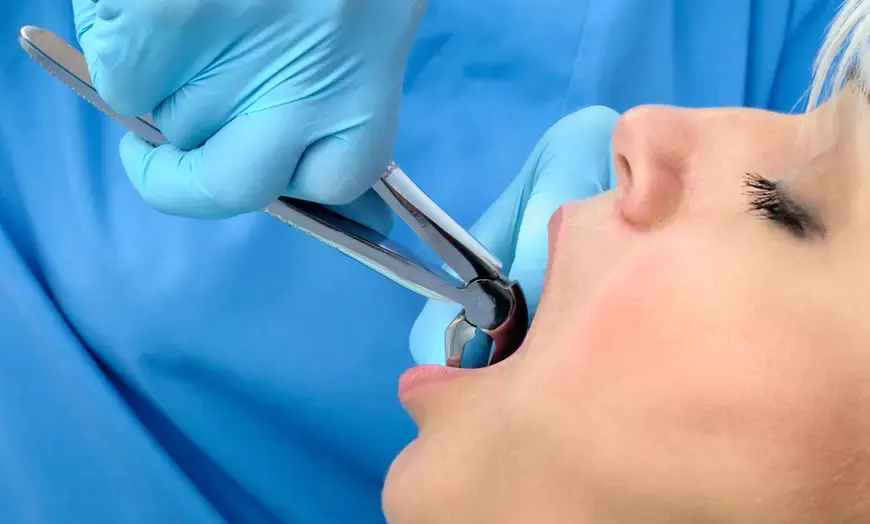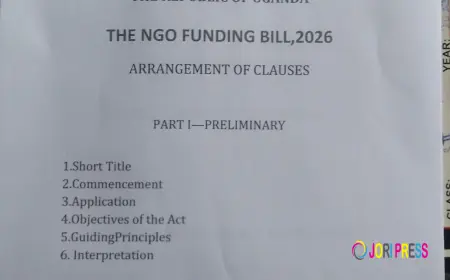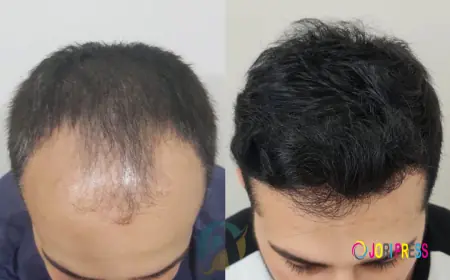Tooth Removal and Infection Risks: What Patients Should Know
Tooth Removal

Tooth extraction is sometimes necessary when teeth are severely decayed, damaged, or impacted, but patients often worry about potential complications. One of the most common concerns is infection, which can occur if proper aftercare is not followed. For individuals considering tooth removal in Dubai, understanding the risk factors, warning signs, and preventive steps is essential for ensuring a safe and smooth recovery. With professional care and diligent hygiene practices, infections can be minimized and healing can progress normally.
Why Infection Can Occur After Tooth Removal:
Infection after tooth extraction typically develops when bacteria enter the exposed socket. Since the area is open and vulnerable during the early healing phase, it is particularly susceptible if a blood clot fails to form or is dislodged. Other contributing factors include poor oral hygiene, pre-existing gum disease, or systemic health conditions that weaken the immune system.
Common Signs of Infection:
Recognizing the symptoms of an infection early allows for prompt treatment and prevention of complications. Patients should contact their dentist if they notice any of the following:
-
Persistent or worsening pain beyond a few days
-
Swelling in the gums, jaw, or face
-
Fever and general malaise
-
Foul taste or discharge from the extraction site
-
Difficulty opening the mouth or swallowing
Risk Factors That Increase Infection Likelihood:
Not every patient faces the same level of risk after tooth extraction. Certain conditions and habits make infection more likely. These include:
-
Smoking or using tobacco products
-
Pre-existing gum infections or periodontal disease
-
Weakened immune system due to chronic illnesses
-
Poor oral hygiene practices
-
Complicated surgical extractions such as impacted wisdom teeth
Preventive Measures to Avoid Infection:
Patients can take specific steps to reduce the chances of infection after extraction. Dentists often recommend:
-
Following strict oral hygiene routines without disturbing the socket
-
Avoiding smoking or alcohol for at least a week
-
Sticking to soft, easy-to-chew foods
-
Taking prescribed antibiotics when necessary
-
Attending follow-up appointments to monitor healing
Role of Antibiotics in Preventing Infection:
Dentists sometimes prescribe antibiotics as a precaution, especially for patients with a higher risk of infection. These medications help control bacterial growth and support the immune system during recovery. However, antibiotics should only be taken as directed, since misuse can lead to resistance and reduced effectiveness in the future.
Importance of Proper Aftercare:
Post-extraction care plays a significant role in preventing infection. Patients are usually instructed to bite gently on gauze to promote clotting, avoid rinsing vigorously, and refrain from using straws. Proper rest and hydration also aid recovery. Adhering to these guidelines helps protect the socket from bacterial contamination.
How Dentists Treat Infections After Extraction:
If an infection does occur, dentists provide treatment tailored to the severity of the condition. This may involve draining the socket, prescribing stronger antibiotics, or cleaning the affected area to remove bacteria. Early intervention ensures that the infection does not spread further into the jaw or bloodstream.
Impact of Infections on Healing Time:
An untreated infection can significantly delay healing after a tooth extraction. Instead of the gums closing within one to two weeks, the recovery period may extend for several weeks longer. In severe cases, additional dental procedures may be required to restore proper healing and function.
Long-Term Outlook After Infection:
With prompt treatment and proper care, most patients recover fully from post-extraction infections. Long-term damage is rare if the issue is addressed quickly. Patients are encouraged to maintain regular dental checkups, practice good oral hygiene, and discuss any concerns with their dentist to prevent future complications.
Final Thoughts:
While the possibility of infection after a tooth extraction can be concerning, it is not inevitable. Patients undergoing tooth removal in Dubai can minimize risks by following dentist-recommended aftercare, maintaining excellent oral hygiene, and seeking professional help at the first sign of infection. With the right preventive measures and timely treatment, tooth extraction can be a safe and effective solution for maintaining oral health.
What's Your Reaction?
 Like
0
Like
0
 Dislike
0
Dislike
0
 Love
0
Love
0
 Funny
0
Funny
0
 Angry
0
Angry
0
 Sad
0
Sad
0
 Wow
0
Wow
0
















































